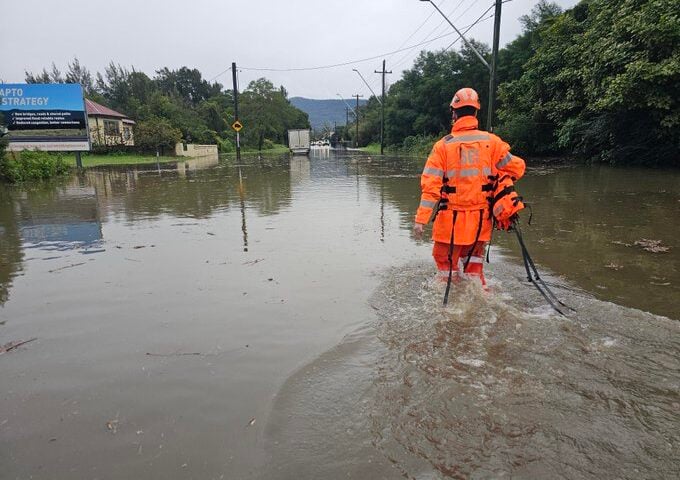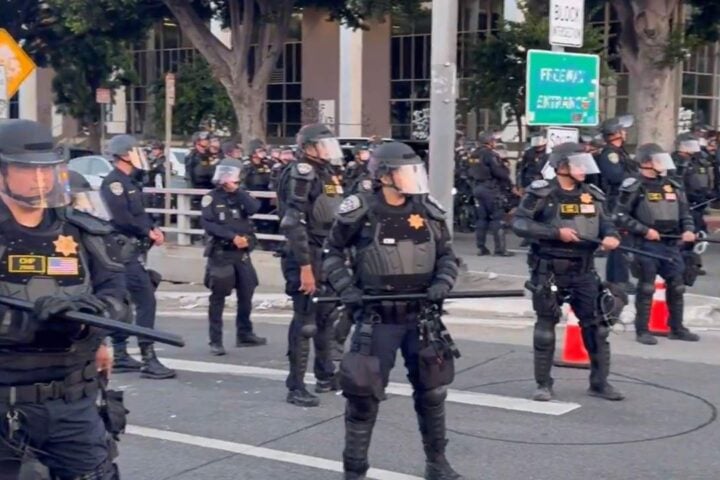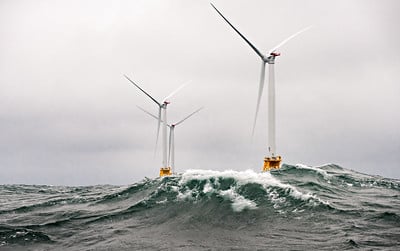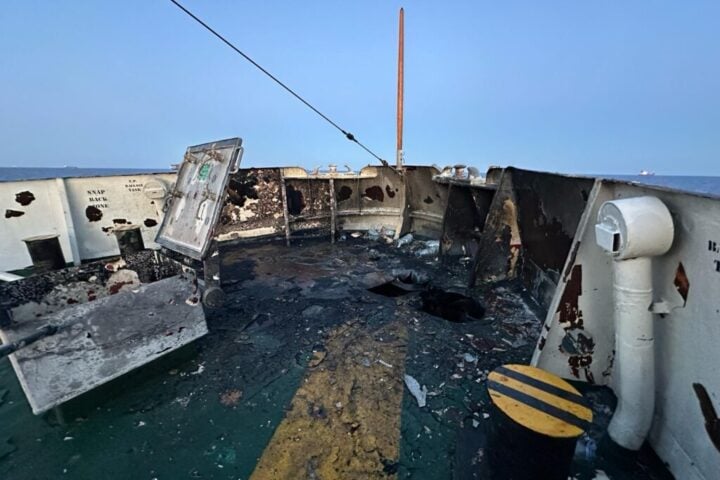The highest court in Hawaii has given permission for a lawsuit brought by Honolulu against several fossil fuel companies, including Chevron Corp, Exxon Mobil Corp, and Shell Plc, to proceed to trial. The city and county of Honolulu filed a lawsuit against nearly a dozen fossil fuel companies, accusing them of deceiving the public about climate change. On Tuesday, the Hawaii Supreme Court rejected the companies’ arguments for dismissing the case on appeal. The City and County of Honolulu’s climate lawsuit is now headed towards trial and, if successful, could set a precedent for similar lawsuits filed by dozens of US communities.
Legal experts predict that this could be the first time fossil fuel companies face the evidence of a decades-long industry campaign of climate deception in court and might lead to these companies paying billions of dollars in damages. Honolulu filed a lawsuit against 10 fossil fuel companies, including BP, Chevron, Shell, ExxonMobil, and Aloha Petroleum in March 2020. The purpose was to hold these companies accountable for allegedly deceiving the public about the climate risks of their products. The defendants tried to have the case dismissed, claiming that it was an attempt to regulate greenhouse gas emissions, which is the job of the Environmental Protection Agency (EPA) and not the states.
In a detailed 82-page opinion issued on Halloween, the state’s highest court rejected the defendants’ argument and agreed with the plaintiffs that the case was solely about whether the companies “misled the public about fossil fuels’ dangers and environmental impact.” The court’s ruling, which upholds the lower court’s March 2022 decision denying defendants’ motions to dismiss the case, means that Honolulu’s lawsuit will move forward to the evidence-gathering phase, known as discovery, and ultimately to a jury trial. Although several other climate lawsuits against oil companies in Massachusetts, Connecticut, and Rhode Island are also in discovery, Honolulu’s case is procedurally further along than others attempting to recover monetary damages.
Hawai’i Supreme Court Chief Justice Mark E. Recktenwald wrote the unanimous ruling, upholding the lower court’s decision that rejected two key arguments the oil companies made in an effort to dismiss the case. The court’s decision signifies that the case can now enter into the full discovery phase, during which plaintiffs can gather more evidence to prove their case. Finally, a state court can set a date for the case to go to trial.
Honolulu is suing fossil fuel companies for damages caused by climate change. The lawsuit claims that the companies engaged in deceptive marketing practices. The companies are accused of nuisance, trespass, and failed to warn consumers about the dangers of using fossil fuels, and exacerbated the impacts of climate change in the city.
More than two dozen climate liability lawsuits have been filed against Big Oil in the U.S. by cities, counties, and states, as well as a fishermen’s trade association, in the past six years. California joined the list of jurisdictions suing the industry, filing a lawsuit in September. The cases had been stuck in procedural wrangling over whether federal or state courts should hear the disputes. Fossil fuel companies’ lawyers argued without success that the litigation should be heard in federal court, where they had a better chance of dismissal. In April, the U.S. Supreme Court refused to hear oil companies’ requests to review the jurisdiction question in several climate cases, including Honolulu’s. Many of these cases are now moving forward in state courts, and Honolulu’s suit is on track to be the first to go to trial.
According to Corey Riday-White, managing attorney for the Center for Climate Integrity, Honolulu’s lawsuit has become one of the most significant climate lawsuits in the world. The advocacy group is supporting the efforts to hold climate polluters accountable. The recent ruling will provide more evidence of Big Oil’s deceptive campaign through the discovery process. With this evidence, a jury can decide whether these polluters are liable for billions in climate damages.

















